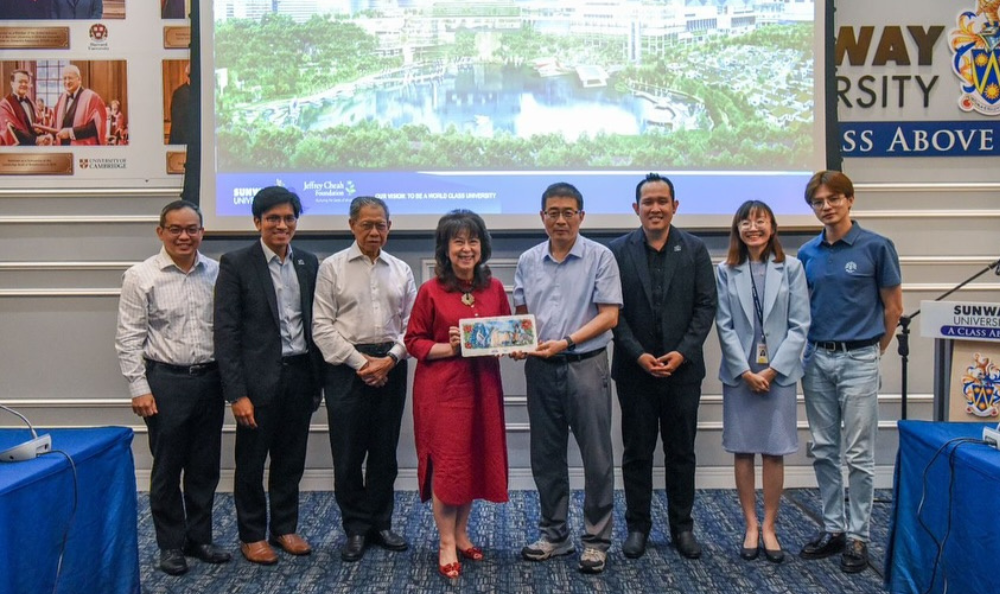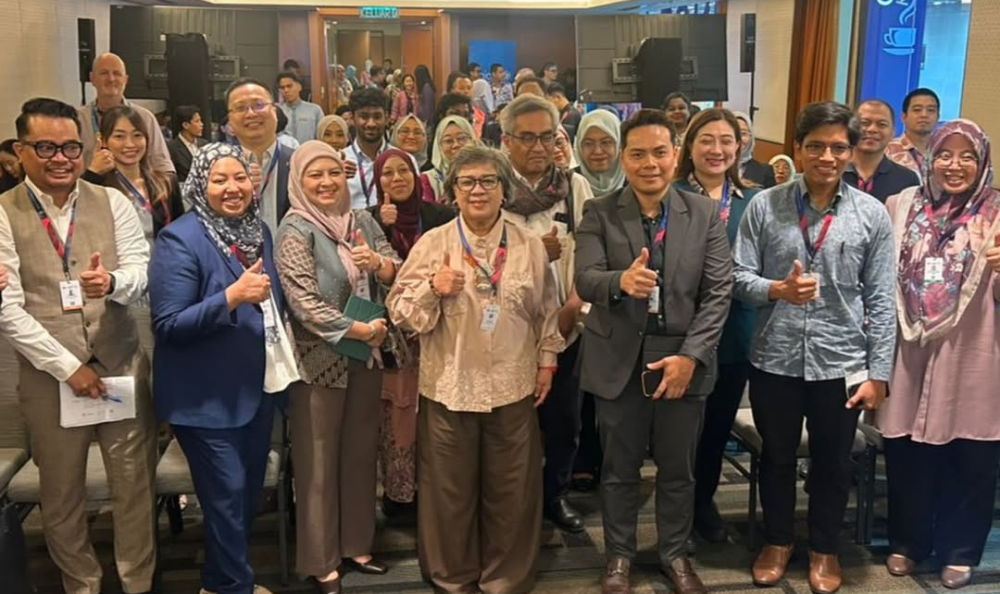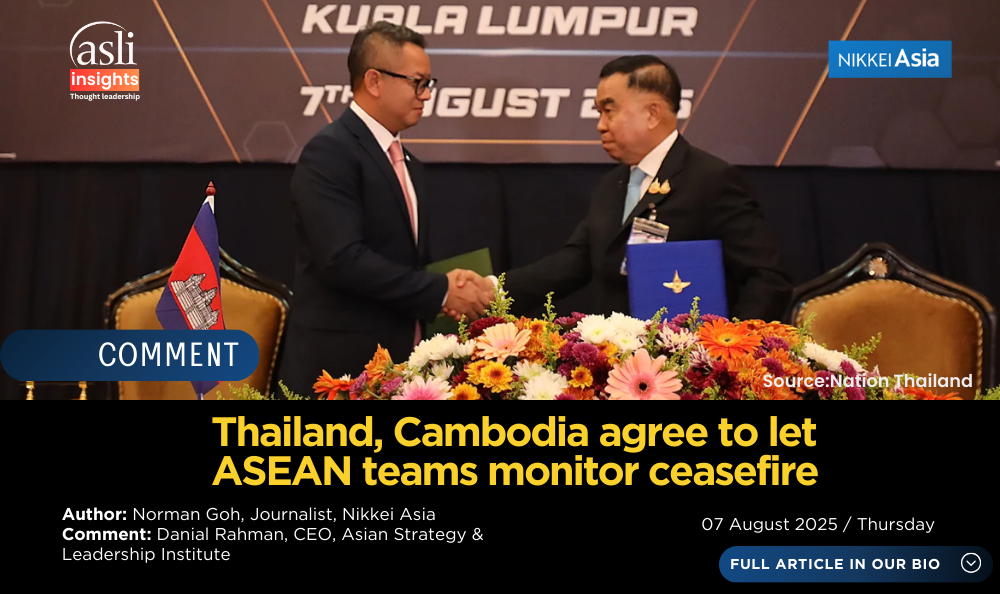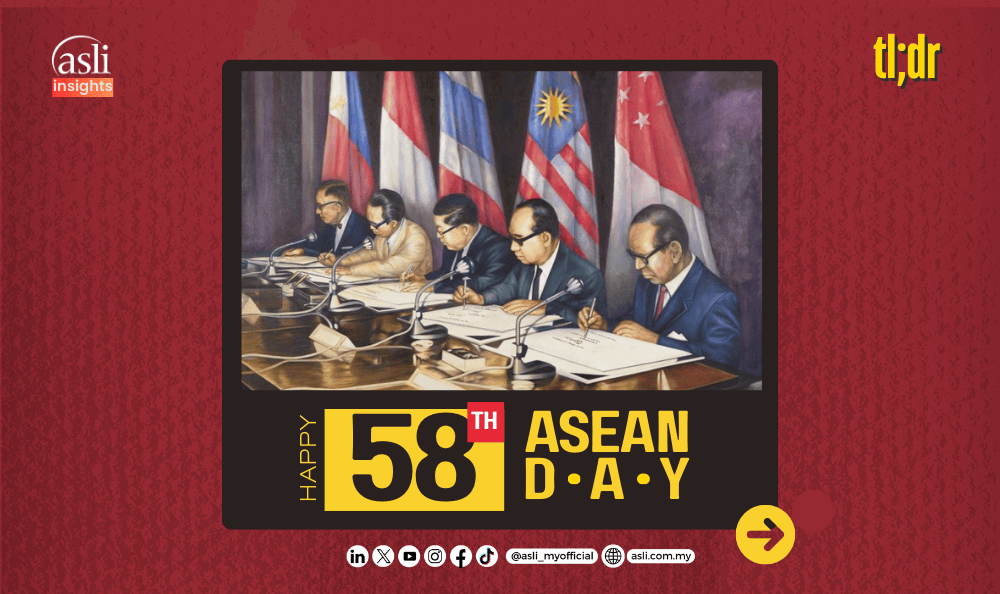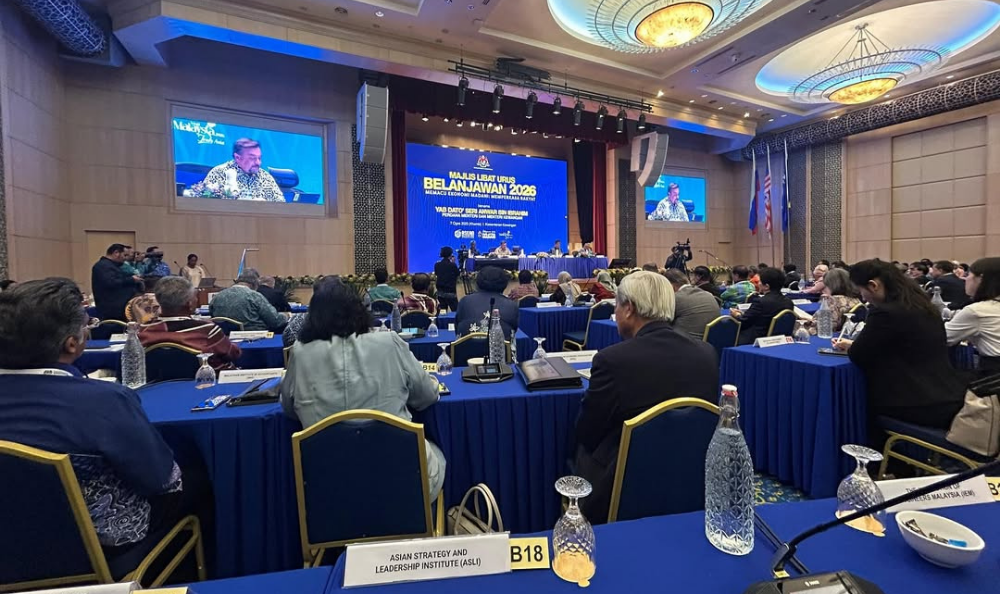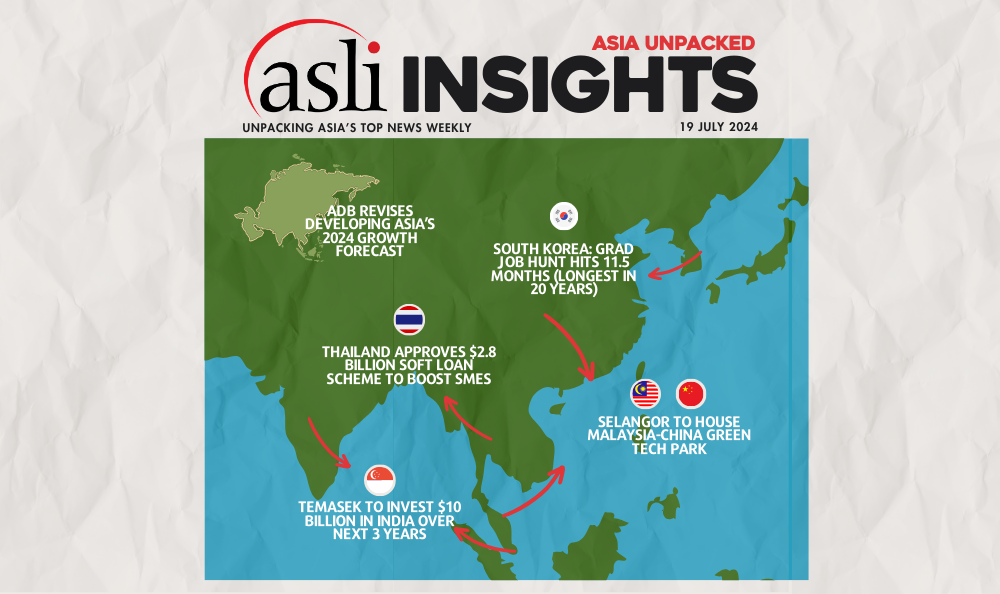
ASLI INSIGHTS: Asia Unpacked | 19 July 2024
ASLI is back with more ASLI INSIGHTS: Asia Unpacked!
Stay tuned for more top news in Asia handpicked by ASLI and for our curated weekly roundup!
This week’s Asia top news:
1) South Korea: Grad Job Hunt Hits 11.5 Months (Longest in 20 Years)
According to Statistics Korea, South Korean graduates aged 15 to 29 now spend an average of 11.5 months to secure their first job, up 1.1 months from the previous year. This is the longest period since 2006, reflecting worsening youth labour market conditions. Nearly 48% of graduates find jobs within three months, while 30% take over a year. The number of young employees decreased by 173,000 to 3.83 million, and the youth employment rate fell to 46.9%. The youth unemployment rate rose to 6.7%, with 276,000 young people jobless. Around 66.8% of young employees leave their first job after an average of 14.8 months, mainly due to unsatisfactory working conditions, contract expirations, and personal reasons.
Read more here:
- https://www.koreatimes.co.kr/www/biz/2024/07/602_378772.html
- https://english.news.cn/asiapacific/20240716/71970278551543698946014aa2bf5b8d/c.html
2) ADB Revises Developing Asia’s 2024 Growth Forecast
The Asian Development Bank (ADB) has revised its 2024 economic growth forecast for developing Asia slightly upwards to 5.0%, with a maintained projection of 4.9% for 2025, driven by resilient domestic demand, improved exports, and manufacturing. Inflation in the region is expected to ease to 2.9% this year, stabilising at 3.0% in 2025 due to monetary policy effects and easing global food prices. Despite stable growth projections, downside risks such as geopolitical tensions, trade fragmentation, and election uncertainties remain. In Southeast Asia, growth forecasts are steady at 4.6% for 2024 and 4.7% for 2025, while Malaysia's growth is expected to be 4.5% in 2024 and 4.6% in 2025, supported by strong private consumption, infrastructure investment, and a rebound in tourism.
Read more here:
3) Thailand Approves $2.8 Billion Soft Loan Scheme to Boost SMEs
Thailand's cabinet approved a $2.8 billion soft loan scheme to financially aid businesses hit hard by COVID-19. Banks will receive funds from the central bank at an exceptionally low 0.01% interest rate, enabling them to lend to businesses at 2%, significantly lower than typical market rates. This initiative specifically targets small and medium-sized enterprises (SMEs), aiming to sustain their pandemic-hit operations, of which are pivotal to Thailand's economy. The implementation of various strict measures to prevent the misuse of funds has been emphasised. This initiative reflects Thailand's commitment to fostering a stable economic environment and promoting growth, with a focus on mitigating the impacts of the pandemic on businesses and revitalising the economy for sustainable development in the post-pandemic era.
Read more here:
- https://www.thestar.com.my/business/business-news/2024/07/16/thailand-approves-us28bil-soft-loan-scheme-for-commercial-banks
- https://www.bangkokpost.com/business/general/2830487/cabinet-okays-b100bn-soft-loan-aimed-at-smes
4) Temasek to Invest $10 Billion in India Over Next 3 Years
Temasek, Singapore’s state investment firm, intends to invest $10 billion in India over the next three years. They plan to focus on sectors such as financial services and healthcare. This decision reflects Temasek's increasing interest and inclinations towards India amidst economic growth and high market activity, including a surge in IPOs and deals. Currently, India comprises 7% of Temasek's global exposure, a share the company aims to expand further. Temasek's recent financial results highlighted stronger returns from investments in the United States and India, amidst current geopolitcal challenges in China. The company's investments in India include significant stakes in HDFC Bank, Ola Electric, and Manipal Hospitals, with plans to explore further opportunities, particularly in the growing healthcare sector.
Read more here:
- https://www.business-standard.com/companies/news/temasek-looks-to-invest-10-billion-in-the-next-3-years-in-india-124071500913_1.html
- https://www.businesstoday.com.my/2024/07/15/temasek-aims-to-invest-up-to-us12-billion-in-india-as-china-weighs/
5) Selangor To House Malaysia-China Green Tech Park
Malaysia and China have partnered to develop the China-Malaysia Digital and Green Technology Industrial Park, formalised through a memorandum of understanding between Menteri Besar Incorporation Selangor, the China Association for International Science and Technology Cooperation, and China Harbour Engineering Co Ltd. The signing was witnessed by China’s Ambassador to Malaysia and Malaysia's Deputy Science and Technology Minister at Sunway University. The park, located in Pulau Indah, Selangor, will cover 1,000 acres, with the first phase spanning 250 acres, aiming to foster sustainable development along the Klang River. This collaboration, stemming from a meeting between China’s Premier Li Qiang and Malaysia’s Prime Minister Anwar Ibrahim, focuses on digital economy, green development, and artificial intelligence. The project promises to enhance infrastructure, attract investment, and advance the local green tech ecosystem. Additionally, a separate agreement between Sunway University and the China Association for International Science and Technology Corp aims to boost research, innovation, education, and talent.
Read more here:
🌱 Empowering Leaders, Advancing Societies.
